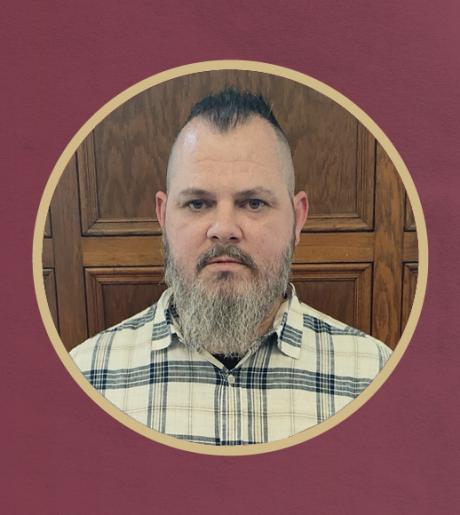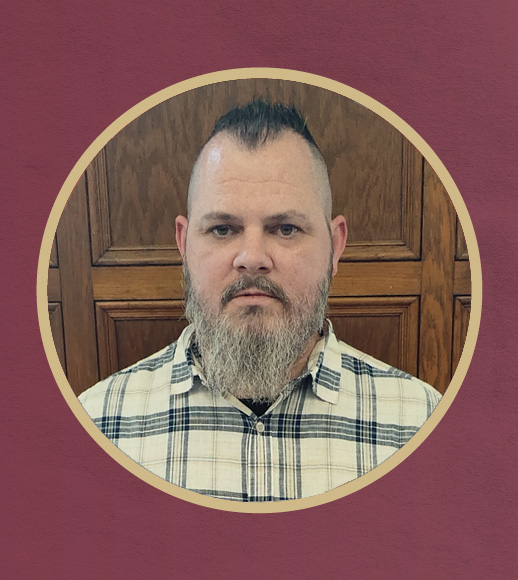Nair-Collins Explores Biological Reality vs. Social Constructions of Death


What does it really mean to be dead?
That question is at the center of a new commentary by Associate Professor Michael Nair-Collins, Ph.D., published in The American Journal of Bioethics. His piece responds to the recent paper “Defining Death: Toward a Biological and Ethical Synthesis.”
In “Death is Biologically Real; Laws About Death are Social Constructions,” Nair-Collins argues that death is a natural, biological phenomenon that occurs when an organism can no longer sustain homeostasis and cellular respiration. By this standard, patients diagnosed with brain death remain biologically alive, even if permanently unconscious.
He critiques efforts to treat death as a social construct or to conflate it with disputed definitions of “organism.” While acknowledging that laws and policies surrounding death are socially constructed, he emphasizes that the biological fact of death is not.
Nair-Collins highlights the importance of policies that both recognize the scientific reality that brain-dead bodies remain living organisms and respect the cultural and religious diversity that shapes how societies define death.

